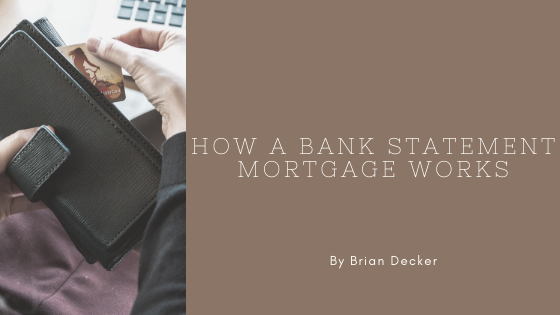A bank statement mortgage loan refers to a mortgage that relies on the applicant’s bank statements rather than the previous year’s W-2 forms as proof of income. It’s a convenient way for people who are not traditionally employed, including freelancers and small business owners, to qualify for a home or building loan. However, applicants may not be aware of this option if they do not work with an experienced mortgage loan officer.
People who are employed by someone else receive W-2s, which are proof of income and are required for them to file yearly taxes. However, small business owners may not have comparable evidence of income. While some freelancers may receive 1099 forms at the end of the year, not all contractors provide them. As society increasingly moves to a gig economy, workers who may have enough income to purchase a home may not have proof of this fact.
However, some mortgage lenders will allow these people to use their bank statements in place of W-2s. These statements show money moving into the bank account monthly.
While this is a convenient option for a particular demographic, bank statement mortgages differ from qualified mortgages. A qualified mortgage is less flexible. However, there is less consistency between lenders when it comes to bank statement mortgages.
Applicants must be aware of the different requirements each organization has for their bank statement loans. For example, the application will typically require individuals to produce at least 12 months of bank statements, but some lenders require 24 months’ worth. Applicants may have to provide Personal or Business statements, and business owners may have to provide a Profit and Loss statement for the last 12 or 24 months.
Lenders will use this data to calculate the applicant’s gross income over a 12-month period. Because lenders average income over this period, applicants who have inconsistent or seasonable deposits may benefit. However, applicants with any overdraft or insufficient fund fees will have to explain the reason to the lender.
In addition to bank statements, mortgage lenders will look at credit scores to determine the interest rate of a mortgage loan. Furthermore, lenders may require applicants to have three to six months of reserves in their accounts at the time of loan approval to qualify.
Bank statement mortgages are great options for individuals who are self-employed, and because there are more entrepreneurs now than ever, many lenders are becoming more accepting of self-employed loan applicants.

